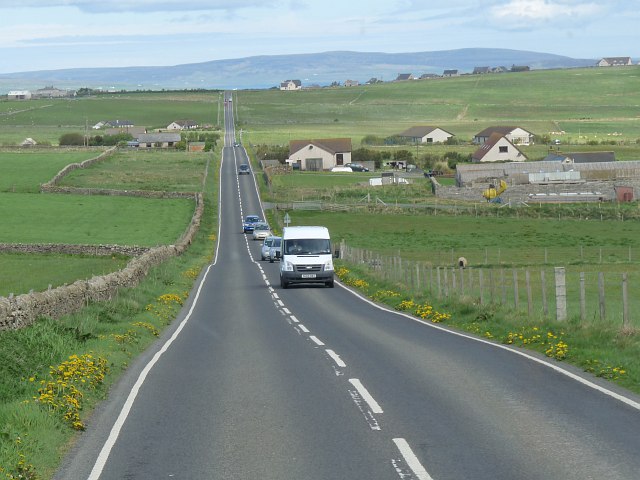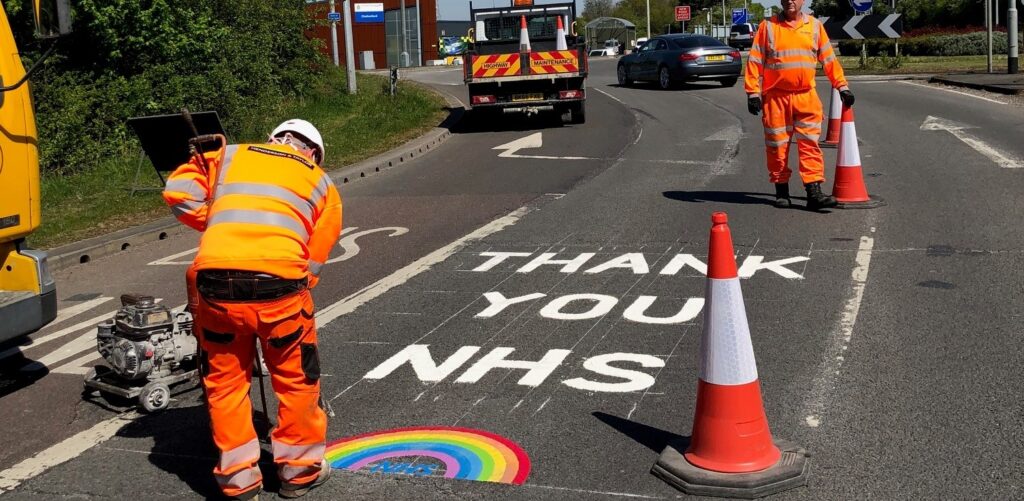It was inevitable really wasn’t it? The £35bn black hole in the UK government’s finances through the loss of road fuel tax revenue and a CO2 based Vehicle Excise Duty (VED) scheme that was designed to push the move to low and zero carbon vehicles has left the treasury wondering how the heck it’s going to pay for everything. Although EV’s are more expensive on the whole, so they get more VAT revenue which is usefully forgotten in the report issued today by UK Govt.

So, how do the Whitehall mandarins get back this c. £35bn per year in future to help pay for all the COVID related debt (and lets remember that fuel duty revenue dropped significantly as no-one was going anywhere in the lockdowns and the pump prices plummeted too due to lack of demand)? I think it was always obvious that it would be via road pricing – its the only fair way really, and all of those who (like me) have been riding the free buffet of EV ownership for nearly ten years paying 5% VAT on our fuel and zero tax may feel a bit hard done by – “we sacrificed our range-confidence for the environment!” Fuel duty, like it or hate it, is a virtually perfect tax – if you do more miles, you use more fuel and you pay more towards the upkeep of shared resources like roads, or the NHS bills for lung disease patients in hospitals. Bigger vehicle? More fuel, more tax. VED adds a balancing power to this so if you have a tiny car, you pay less again than those in the big cars that might wear the roads more. HGVs pay a phenomenal rate of VED too.
The question is, how do we ensure that you pay an equal or less amount for the road pricing /new VED scheme and it be as fair as what is arguably a pretty fair taxation system? …and how do the current government, faced with having to make people pay more tax generally when all their bills are going up? I’d hate to work in Govt, I really would.
In my mind, the best way would be reinstate VED regardless of fuel type – it is bonkers frankly that an over 2 tonne Tesla Model X pays zero VED – its a big, heavy thing, and a luxury. It also goes way less far on its energy than a Model 3 – a 75KwH Model X has a range around 150 miles, a Model 3 with the same battery could touch 300 on a good day. So lets bring back £300+ of VED for the Model Xs and Mercedes EQCs and return £7bn according the report above in 2023. Won’t this put people off EVs? Well, the horse has already bolted here, so you won’t slow the uptake as all manufacturers know this is their future – its led as much by the industry now as consumers. If you really want to put off buying a petrol/diesel then slap £200 on top again – the Lambo buyers can afford it, trust me.

The rest is easy to restore, but contentious. You don’t want to disadvantage those who have to use their cars but are on a lower income (teachers/NHS/social care staff etc). So if we say that tolls in cities are to become a thing, then don’t charge residents who have to have to use these roads everyday (a la Dart Charge local resident zone). It would be difficult, if not impossible to set up ANPR on every single little rural road, so my suggestion would be not to charge for them which would keep things more affordable for those in rural areas who are again reliant on motor vehicles to get around. Motorways are already camera covered, and major trunk roads like the A12 near where I live. These roads would be easy to charge for use of, and to stop people trying to avoid them and making the local roads congested, you could reduce or remove the charges in off-peak periods. It’s amazing the behavioural change you can see when people think they’ll save a few bob by being savvy.
Road charges are inevitable, and when you think about it, it is quite a fair system. As always, the devil is in the detail and not only that, huge changes like this will inevitably cause backlash from the public. It was tried in 2007 and 1.8 million people signed a petition to prevent it. The thing is, rather than a blanket charge of £1.30 a mile (which would be £2 odd now), which for many people would have cost the same as their VED for a year in a single 100 mile trip, we can be more intelligent about it now. Our ANPR system is more developed and its easy to track vehicles accurately now too as many have factory tracking systems fitted. Also, let’s not forget you’re not paying £500+ per year in fuel duty if you have an EV and charge it at home. It’s also high time that the UK removed VAT on public charging – VAT is a tax for non-essential luxury goods – fuel is not that. Even the 5% rate for energy goes against the spirit of things. Even more in the light of the energy crisis.
So yes, it might not look fair to many, but what is the better solution that isn’t over complex, or would cost billions to set up? I can’t think of one, but we need to make sure that we don’t end with something that disadvantages those who cannot pay or are unable to use public transport. For what it’s worth, I don’t believe wide-scale private car ownership (when we don’t use them 90% of the time) is the right option either, but that’s for a longer blog post!